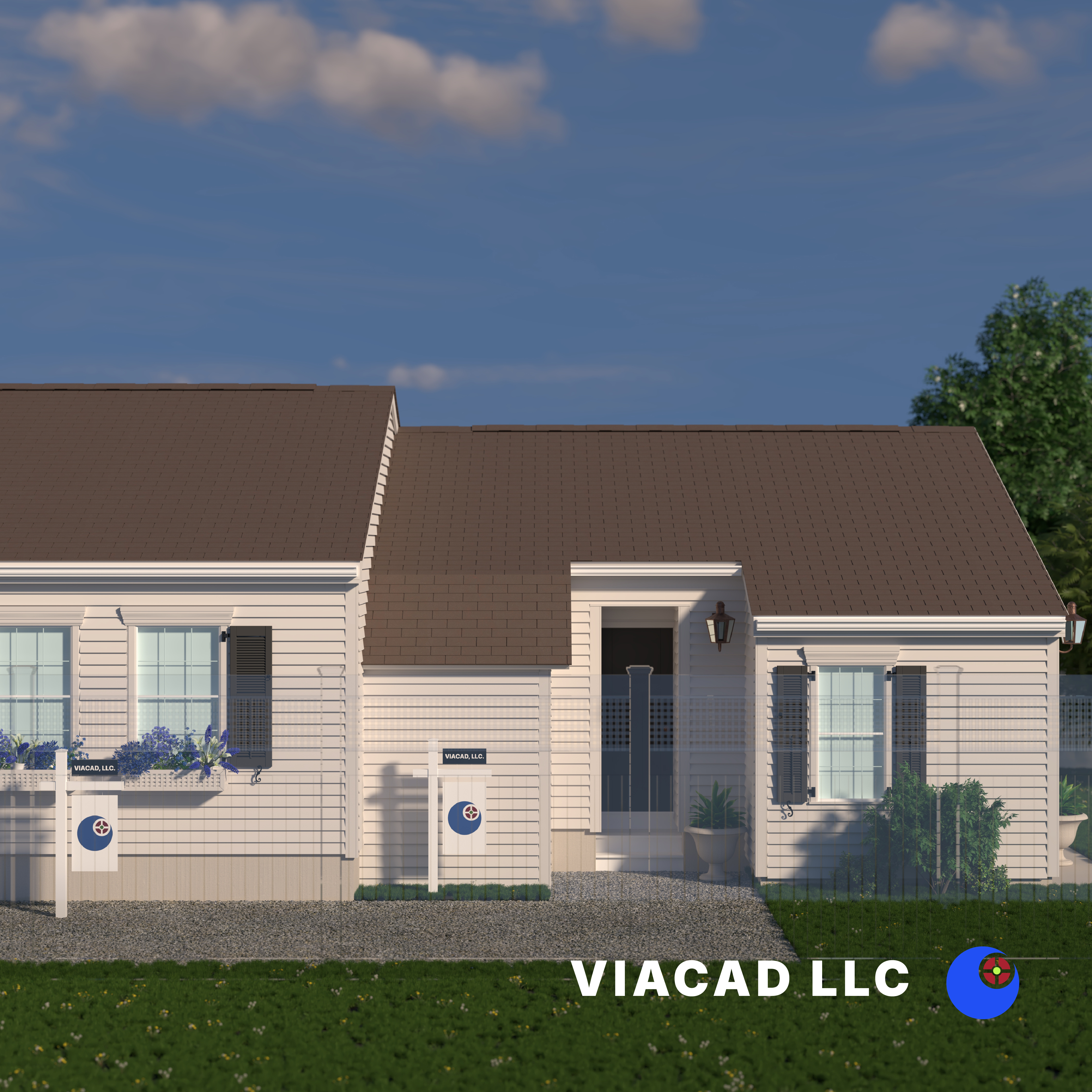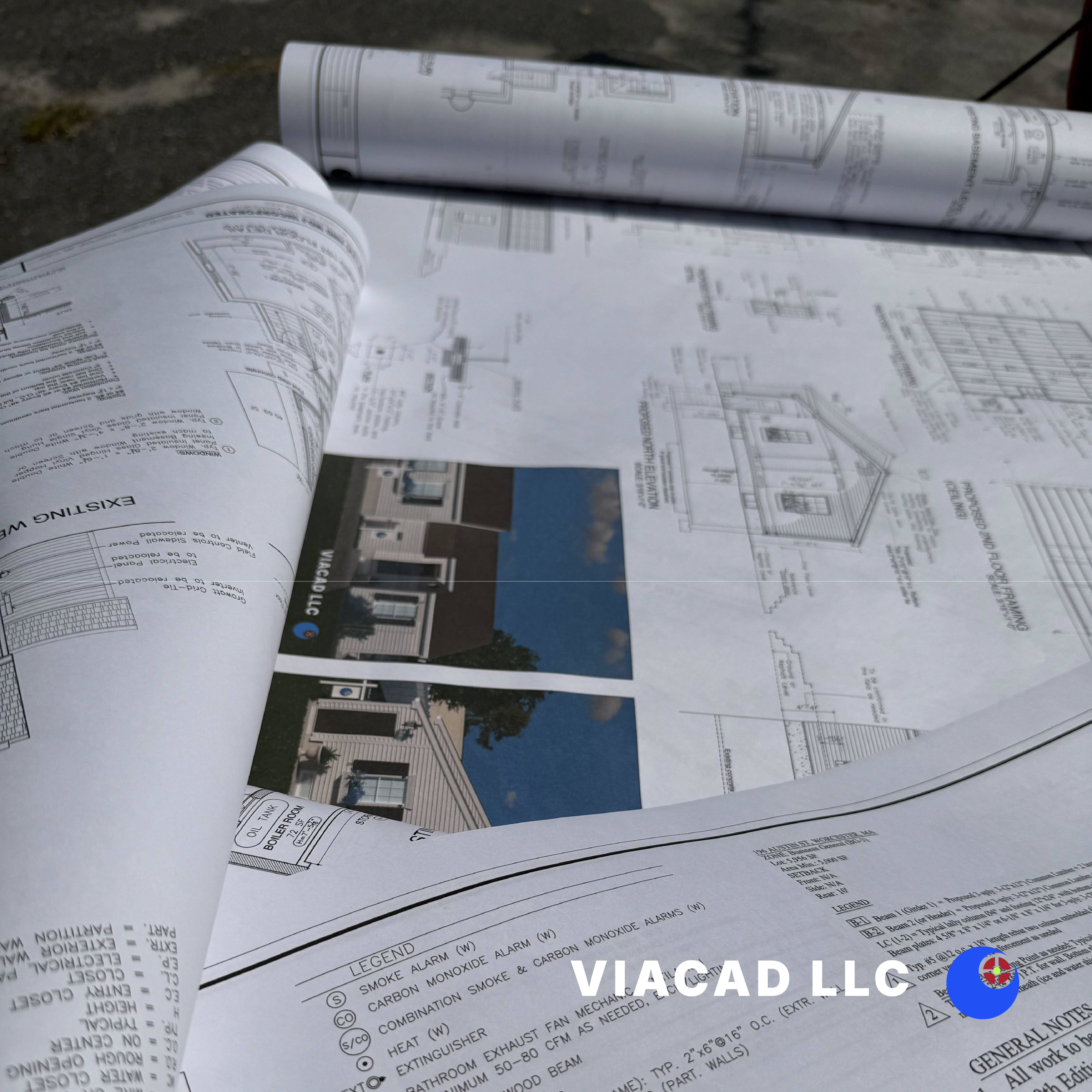
Backyard ADUs, or accessory dwelling units, have become an increasingly popular solution for homeowners looking to add living space, increase property value, and create affordable housing options. Whether you want to accommodate adult children, generate rental income, or simply make better use of your property, understanding the essentials about ADUs is crucial. This article will guide you through everything you need to know about backyard ADUs, from design and construction to legal considerations and market trends.
A backyard ADU is a small, self-contained accessory dwelling unit built on the same lot as a primary residence. These units provide extra living space that can serve various purposes, such as housing family members, creating rental opportunities, or offering a private workspace. Often referred to as accessory dwellings, ADUs are designed to fit seamlessly into the backyard, complementing the existing home without requiring additional land.
Accessory dwelling units come in different forms, including detached structures, converted garages, or basement apartments. The key characteristic is that they are independent living units with their own entrance, kitchen, bathroom, and living area. Backyard ADUs are an excellent way for homeowners to maximize their property’s potential while addressing housing needs in their community.
There are numerous advantages to building ADUs in your backyard, making them a smart investment for many homeowners. One of the most significant benefits is the added living space, which can be used to accommodate adult children, elderly family members, or guests. This extra space provides privacy and comfort for everyone while keeping family close.
From a financial perspective, backyard ADUs can substantially increase your property value. Adding an accessory dwelling unit transforms your property into a multi-unit asset, which is highly attractive in the housing market. Additionally, ADUs offer the potential for rental income, providing homeowners with a steady cash flow to help offset mortgage payments or other expenses.
Moreover, backyard ADUs contribute to affordable housing solutions in urban areas by increasing the availability of small, independent units on existing lots. This helps address housing shortages without the need for extensive new developments. For residents interested in sustainable living, ADUs also promote efficient use of land and resources.

If you are interested in building ADUs on your property, the first step is to learn about local laws and regulations. Every city has specific guidelines regarding ADU production, including size limits, setback requirements, and permits. It’s essential to understand the legal framework to ensure your accessory dwelling unit is compliant and can be built with confidence.
Next, consider the design and construction aspects. At VIACAD, LLC, we emphasize that the first crucial step is not calling a contractor but having a clear, detailed set of plans and blueprints. Without these, contractors cannot provide accurate pricing, and the town will not issue necessary permits, causing costly delays.
Our locally and family-owned firm brings over 18 years of experience creating tailored design documents that keep your backyard ADU project affordable, compliant, and buildable. Every property is unique, so we customize plans to fit your lot layout, existing structures, and local code requirements, ensuring your vision aligns with regulations.
Our construction drawings serve as the backbone of your project, enabling contractors to give precise bids and builders to follow clear instructions, reducing costly mistakes. Additionally, we offer detailed 3D renderings to help you visualize your ADU before construction begins, facilitating better decisions and smoother communication with your family and contractors. With VIACAD, LLC, your backyard ADU project in Massachusetts is set up for success from the very start.
Homeowners should also take into account the overall cost of construction and potential financing options. Many cities and organizations offer resources and incentives to encourage ADU development, making it more affordable to build these units. Reaching out to local housing agencies or visiting city websites can provide valuable information and support.
People often have questions when considering backyard ADUs, especially regarding how these units work and what to expect during the process. One common question is whether an accessory dwelling unit can be rented out. In most cases, ADUs are designed to function as independent rental units, providing homeowners with an opportunity to generate income.
Another frequent concern is how ADUs affect property value. Studies show that well-designed and properly built backyard ADUs tend to increase the market value of a property, making them a worthwhile investment. However, it’s important to ensure that the unit complies with local laws to avoid any legal issues that could impact value.
Potential homeowners also want to know how long construction takes and what the typical costs are. The timeline and budget depend on the size and complexity of the ADU, but having a clear plan and working with experienced professionals can streamline the process. Many cities offer phone lines or online resources where residents can get advice and answers to their questions.
Backyard ADUs represent a flexible, affordable, and practical solution for many homeowners looking to enhance their property and create additional living space. By building an accessory dwelling unit on the same lot, families can keep loved ones close, generate rental income, and increase property value, all while contributing to the local housing market.
With the right design, legal knowledge, and support from resources available in your city, you can confidently start your backyard ADU project and enjoy the benefits these small dwelling units have to offer. Whether you want to create a private home office, a cozy apartment for adult children, or an income-generating rental, backyard ADUs are a smart choice that fits the needs of today’s homeowners.



Currently accepting projects in Massachusetts.